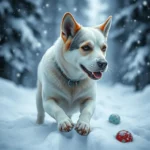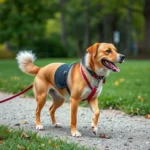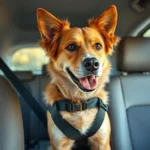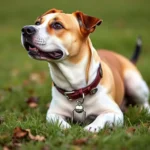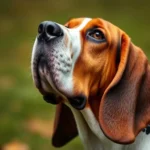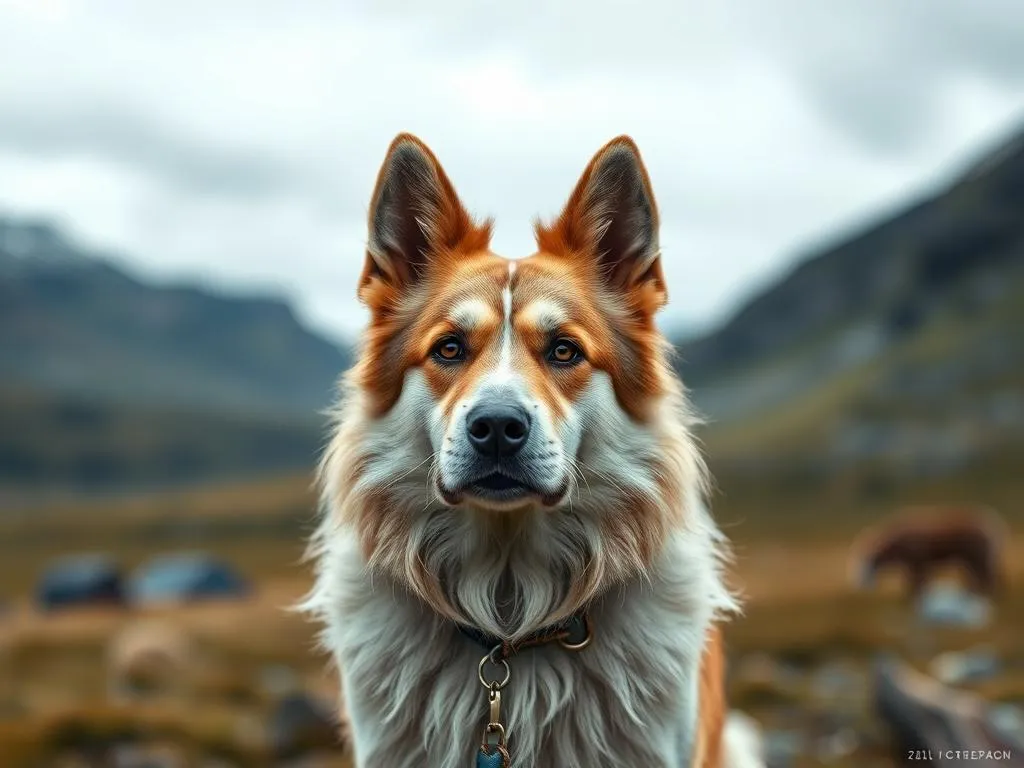
Viking culture captivates the imagination with its tales of adventure, bravery, and mythology. The rugged lifestyle of the Norsemen, their explorations, and their deep-rooted beliefs in gods and nature create a rich tapestry that many find appealing. When it comes to our furry companions, choosing a name that resonates with such profound history can add a unique charm to their identity. This guide delves into the world of Viking dog names, exploring their meanings, themes, and how to select the perfect moniker for your pet.
Understanding Viking Culture
Historical Context
The Vikings thrived from the late 8th to early 11th century, originating from the Scandinavian regions of Denmark, Norway, and Sweden. Known as fierce warriors and skilled navigators, they ventured far beyond their homelands, reaching as far as North America, the Middle East, and even parts of Asia. Names held significant importance in Viking society, often reflecting lineage, accomplishments, and the natural world around them.
Viking Mythology
Viking mythology is a treasure trove of fascinating characters and stories. The pantheon of Norse gods and goddesses, such as Odin, Thor, and Freya, played a central role in the daily lives and beliefs of the Vikings. Many Viking dog names are derived from these mythological figures, embodying traits like strength, wisdom, love, and nature. Understanding these connections can help you choose a name that not only sounds good but carries deep meaning.
Choosing the Perfect Viking Dog Name
Factors to Consider
When selecting a name for your dog, consider the following factors:
- Size and Breed of the Dog: A large breed might suit a powerful name like “Thor,” while a smaller dog might feel more aligned with a name like “Rune.”
- Personality Traits: Observe your dog’s behavior. Is it playful, fierce, or calm? A name that reflects their personality can strengthen your bond.
- Name Length and Pronunciation: Choose a name that is easy to say and doesn’t sound too similar to commands. Short and punchy names often work best.
Popular Themes in Viking Names
Viking names can be categorized into several themes, each reflecting different aspects of their culture:
- Warriors and Leaders: Names inspired by legendary figures.
- Mythology and Sagas: Names derived from gods, goddesses, and mythical creatures.
- Nature: Names that evoke the Viking lifestyle connected to the natural world around them.
Lists of Viking Dog Names
Male Viking Dog Names
Here are some strong Viking dog names for males, along with their meanings:
- Thor: The god of thunder, symbolizing strength and protection.
- Odin: The wise and powerful chief of the gods, representing knowledge and foresight.
- Bjorn: Meaning “bear,” symbolizing strength and bravery.
- Ragnar: A legendary Viking hero known for his cunning and bravery.
- Harald: Meaning “ruler of the army,” ideal for a commanding presence.
Female Viking Dog Names
Consider these beautiful Viking dog names for females:
- Freya: The goddess of love and fertility, embodying beauty and strength.
- Ingrid: Meaning “beautiful,” a classic Viking name with elegance.
- Sigrid: Meaning “victory” and “beautiful,” a name that exudes grace and power.
- Astrid: Meaning “divine strength,” perfect for a spirited companion.
- Eira: Meaning “snow,” ideal for a dog with a calm demeanor.
Unisex Viking Dog Names
Here are some versatile Viking dog names that work well for any gender:
- Loki: The trickster god, known for his cleverness and mischief.
- Rune: Meaning “secret” or “mystery,” it adds an air of intrigue.
- Echo: A name that symbolizes sound and reflection, great for a vocal dog.
- Skye: Evoking the vastness and beauty of the heavens, perfect for a free spirit.
- Norse: Directly referencing the culture itself, a strong and unisex choice.
Tips for Naming Your Dog
Testing the Name
Once you’ve found a name you like, try it out! Call your dog by the name in different situations—during playtime, walks, and while training. This will help you assess whether the name feels right and resonates with your pet.
Avoiding Common Mistakes
When selecting a name, keep these tips in mind:
- Names That Sound Like Commands: Avoid names that sound similar to common commands like “Sit” or “Stay,” as this can confuse your dog.
- Too Similar to Other Pets or Family Members: If you have multiple pets, ensure their names are distinct to prevent any mix-ups.
Personalizing Names
Consider combining a Viking dog name with personal significance to create a unique twist. For example, you could blend a Viking name with a family name, or use a name that reflects a cherished memory or place.
Famous Dogs with Viking Connections
Historical Dogs
While not much is documented about individual dogs in Viking history, it is known that dogs were highly valued in Viking society. They served as companions, protectors, and even hunting partners. Remains of dogs have been found in Viking graves, often buried alongside their owners, symbolizing the bond between humans and their canine companions.
Modern References
Today, Viking dog names have made their way into popular culture. For instance, the hit TV series “Vikings” features characters who embody the spirit of the Norsemen, and their dogs often share names inspired by this rich history. Movies like “How to Train Your Dragon” also showcase elements of Viking culture, paving the way for creative naming.
Conclusion
Selecting a name for your dog is more than just a fun task; it’s a way to honor their personality and history. By choosing from the vast array of Viking dog names, you can embrace the spirit of adventure, strength, and mythology that these names carry. Whether you opt for a name that reflects power, beauty, or cunning, each name has the potential to tell a story.
Naming your dog is an opportunity to share a piece of history with your new companion, building a bond that resonates with the Viking spirit. Embrace the journey of naming your pet and let the stories of the past inspire you!
